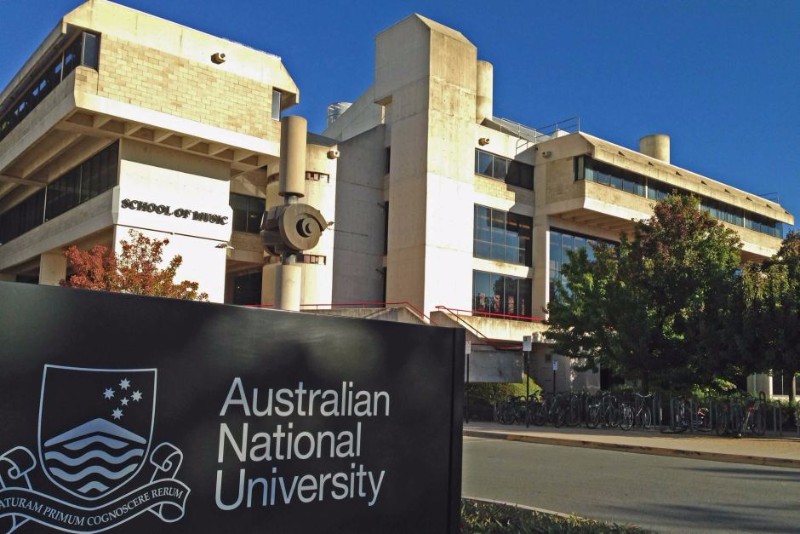The study Read more [...]
Science Communication
Course Category: Bachelor and Bachelor of Science
-
Focus of Study
Our courses mix practical science communication skills with science communication theory and research skills. They provide training in:
- understanding the public, governments, journalists, lobby groups, and other science communication partners
- delivering high quality written work and presentations about science, for diverse mediums
- analysing the ways science and technology issues are communicated in the public and policy arenas
- conducting science communication research
- producing professional science communication materials, including:
- science conferences
- risk communication strategies
- blog posts and social media communication
- innovative approaches to science teaching
- effective opinion pieces
- engaging news articles.
Course Description
The Australian National Centre for the Public Awareness of Science offers the unique opportunity to study undergraduate courses in science communication, either in conjunction with mainstream science or as a stand-alone discipline.
Our courses allow you to learn more about human nature and the philosophy of science, placing science in the context of the everyday lives of people. They give you the opportunity to do original research into how science has been or should be communicated, and the chance to publicly communicate the science you are passionate about.
Undergraduate students can:
- Add a science communication major to a Bachelor of Science, Bachelor of Science (Advanced) (Honours), or Bachelor of Philosophy (Honours) degree, to make science communication a significant component of your graduate skillset. This is a great way to prepare for an honours degree in science communication, which can potentially lead to enrolment in a PhD or MPhil in science communication.
- Add a minor or take science communication courses as electives in most degree programs offered by ANU. Science communication courses will add value to any study experience, broadening your horizons and improving your communication skills in general.
Career prospects
Eligible graduates will be able to continue with an honours degree in science communication or in mainstream science areas.
Your newly found skills will not limit your choices but will give you an added advantage when competing for science jobs.
Elective courses
- SCOM1001 – Science Communication 1: Science and Public Awareness
- SCOM1002 – Science Communication 2: Scientific Evidence and Social Change
- SCOM2001 – Practical Skills for Communicating Science
- SCOM2003 – Science in Popular Fiction
- SCOM3001 – Science, Risk and Ethics
- SCOM3002 – Science in the Media
- SCOM3003 – Science Communication Research Project (Any session)
- SCOM3004 – Science Communication Internship (Any session)
- SCOM3012 – Science Communication and the Web (Winter Session)
- SCOM3027 – Science and Public Policy
- SCOM3029 – Cross Cultural Perspectives in Science Communication
- SCOM3030 – Science Dialogue Theory and Practice (Summer Session)

